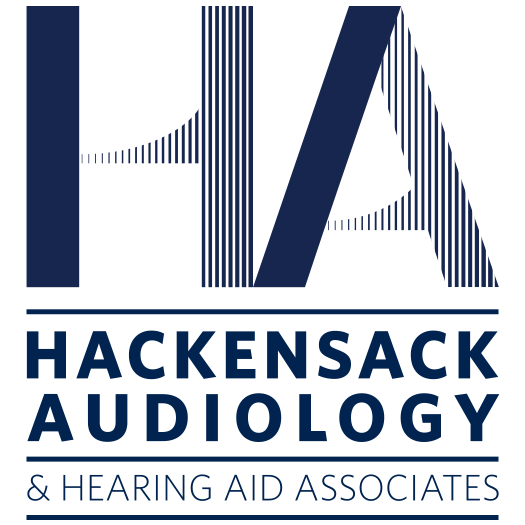A cochlear implant is a device that is surgically placed in the cochlea (inner ear) to restore the function that is affected in the presence of a hearing loss. During the surgery, a thin wire is inserted into the cochlea and a magnet is placed under the skin behind the ear. The patient then wears an external piece that magnetically attaches to the internal device, as shown in the picture. In comparison to a hearing aid, which amplifies sound, a cochlear implant uses electrical stimulation (the wire) to transmit sound to the brain. A cochlear implant is used when a hearing aid does not provide benefit to the patient.

Am I a cochlear implant candidate?
There are specific requirements that dictate who can and cannot receive a cochlear implant. Once a hearing loss is diagnosed, the patient (regardless of age) must have a trial with hearing aids. Then, the audiologist will perform a cochlear implant evaluation to determine candidacy. The specific requirements, which are also dependent on the age of the patient, are listed below:
Children (12 to 24 months)
- Profound sensorineural hearing loss
- Limited benefit from binaural (two hearing aids) amplification
Children (2 to 17 years)
- Severe to profound sensorineural hearing loss
- Limited benefit from binaural amplification
- Less than 30% score on the Multisyllabic Lexical Neighborhood Test (MLNT) or Lexical Neighborhood Test (LNT)
Adults (18+)
- Moderate to profound sensorineural hearing loss in both ears
- Limited benefit from amplification defined by preoperative test scores:
- ≤ 50% sentence recognition in the ear to be implanted
- L≤ 60% in the opposite ear or binaurally
Contact our office to have your hearing tested and to start your hearing aid trial today!

